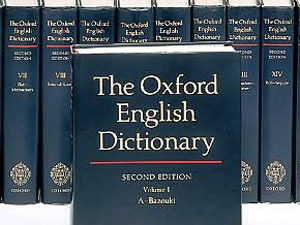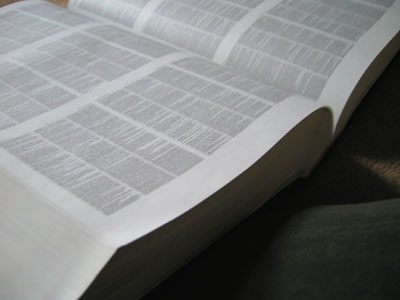Well, some people seem to think so anyway. And, I guess I fall into the category of "some people". But something that makes English so interesting is that it is a living language. It lives in the same way Frankenstein's monster does/did/I don't know if he's still alive. I say that because of how much it is driven by popular culture, vernacular, and is in essence a flowing amalgam of bits and pieces from many other languages and cultures beyond merely those of the British isles and places that were at once part of the British Empire. Ok, let's get to the point.
The word CUTE has become in a way, it's own sub-language. It's versatility is frighteningly unoriginal:
Here is the way in which it was at one point, and may sometimes still be used:
- That baby/puppy/halloween outfit* is CUTE.
*all terms can also be exchanged for butterfly wallpaper, floral arrangements, kittens, etc.



However, here is the way in which it is now used:
- He's CUTE. - (in reference to a boy/man - who should in fact never be considered cute, unless he looks like a puppy holding a floral arrangement while wearing a children's halloween costume - and in that case I believe the correct terminology would be FREAK. A man/boy used to be called attractive, handsome, good-looking, etc., but now, he has unfortunately been relegated to puppy status. If that were all, then no worries, but cute is a universal coverall as we shall see)
- That's so CUTE! - (when referring to any object that has a favorable color scheme or design, when one could just say, "I love those colors, such and such compliments the other, and/or that is a clever or creative way to use yellow and blue/pink and mint green/etc. and etc.)
- Oh what a CUTE sign! - (When the sign is actually not cute at all, bearing no resemblance to a newborn baby, puppy, and containing nothing resembling a kitten with a bib and pacifier. Most often the sign contains a clever turn of phrase, is witty, or is just cleverly being offensive while also subtly attempting to be innocuous)
- Oh CUTE! - (When referring to anything, ever, for any reason at all)
So there you have it. Is there a remedy for this generic way of describing things. Yes. Will anyone really make any concerted effort to come up with a more in depth way of evaluating their sentiments about people, places, and things that will avoid the temptation of cute's simplicity? Probably not dude. I mean dude. Really dude? Dude.



 I
I 
 Have you ever felt extremely British? I know some of my British readers have. Probably every day of their lives. Well, I've been feeling pretty British lately.
Have you ever felt extremely British? I know some of my British readers have. Probably every day of their lives. Well, I've been feeling pretty British lately. 








